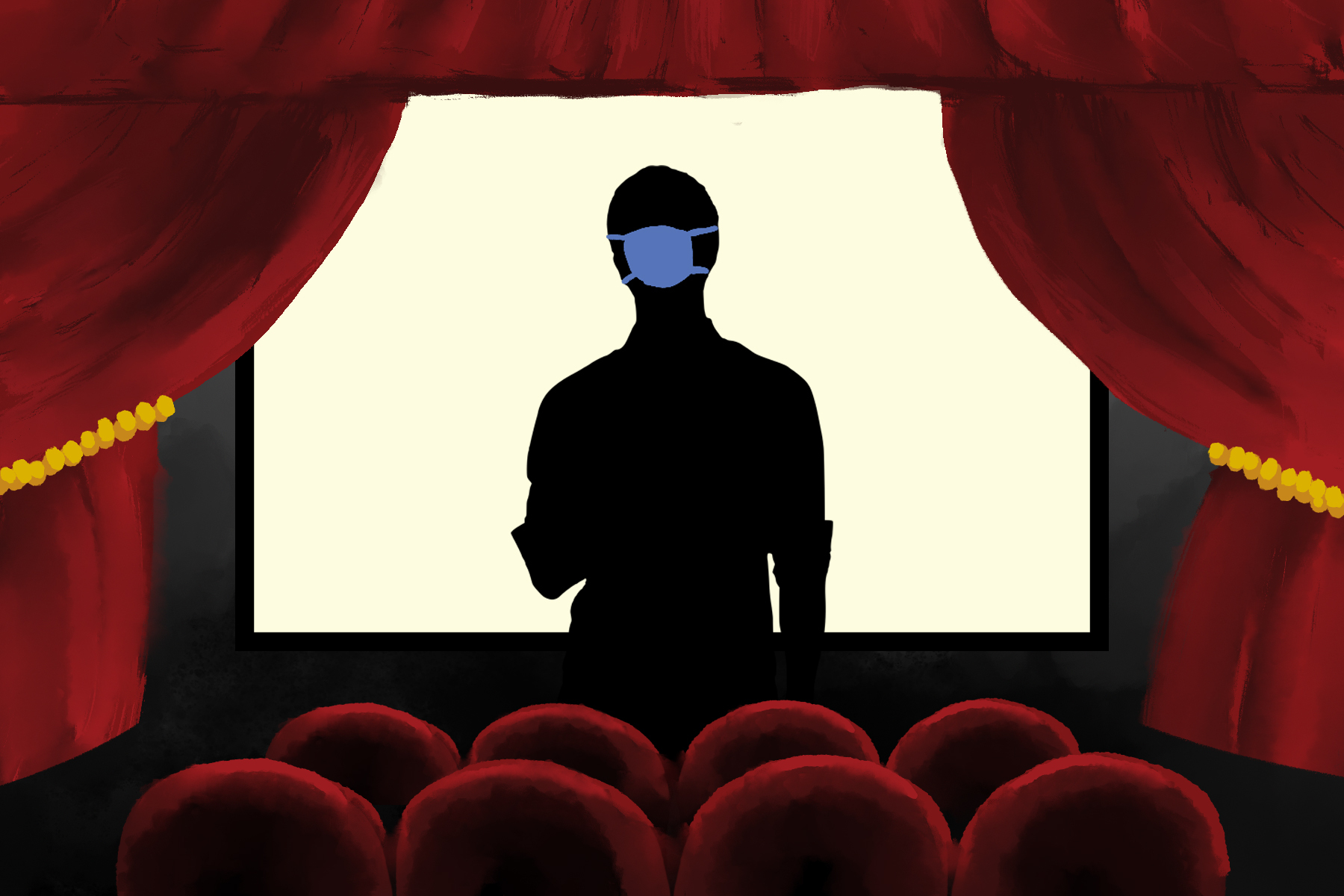It used to be that the movie theater was the exclusive home for new films. Big franchises such as Marvel and the James Bond movies had tickets selling out for weeks and movie theaters could afford to be everywhere. However, like everything else, the coronavirus has changed this.
Along with nightclubs, movie theaters are one of many businesses with no clear path for recovery. Due to closures and limited capacity during the pandemic, movie theaters have been struggling financially, and streaming services are adding to their quandary. The exclusive premiere of “Mulan” on Disney+ started this, and now Warner Bros. has announced all of its 2021 films will release on HBO Max and in movie theaters on the same day. This will undoubtedly continue, and movie theaters will have to rein in plans to recover. Even if the capacity limits are relaxed, there is no guarantee audiences will risk attending, let alone pay extra for a ticket when the film may be available on a streaming service they’re already subscribing to. This puts movie theaters at great risk.
Disney+
For those who don’t know, Disney+ is a streaming service that includes films and TV shows owned by Disney. This includes Marvel films, “Star Wars” (most notably “The Mandalorian”) and classics like “Brave” and “Frozen.” Disney+ is relatively young: It launched in November last year. The current monthly subscription fee is $6.99, with an annual price of $69.99. This is cheaper than Netflix, with its monthly price of $8.99. Netflix’s content library is more extensive than Disney’s but we all know that some of this content isn’t worth watching. Disney+ doesn’t suffer as much from this issue, although it has its share of things no one really wants to watch. Netflix is more diverse and has a lot of classics, but it can’t hold up to Avengers.
Disney+ made the first move against movie theaters with “Mulan.” Initially intended for the standard full movie theater release, after multiple delays Disney announced it would only be available for a premium fee on its streaming platform. The film did release in movie theaters in countries that didn’t have access to Disney+, however. On top of the original subscription fee, audiences had to pay an extra $29.99 to stream the live-action remake upon release, and the price provoked another wave of controversy.
This decision attracted a massive amount of press and criticism. Commentators called the move a turning point in the war between movie theaters and streaming platforms. Before the announcement was made, “Mulan” was seen as the industry’s saving grace after the release of “Tenet,” which, due to COVID-19, is Christopher Nolan’s lowest-grossing film since 2006. The normally huge turnout for Christopher Nolan movies didn’t appear, and this must have spooked Disney enough to discard movie theaters and move in a new direction. Although “Mulan” has been described as a “one-off,” many suspect this is not the case.
Warner Bros
The next big hit in the streaming-theater struggle came from Warner Bros., but this wasn’t as drastic as the decision by Disney+. Warner Bros. announced that it will release all of its 2021 films in movie theaters, as well as on HBO Max on the same day. Movie theaters are no longer the exclusive port for blockbuster releases they used to be. The films included in this decision include the highly anticipated “Dune,” “Wonder Woman 1984” and “The Matrix 4.”
Yet another addition to the expanding streaming service world, HBO Max launched in May of this year. Until this announcement, HBO Max had been lacking in comparison to the big boys of Netflix and Disney+, but this decision will definitely change this. Although it is implausible that the service will match the other two popular services, it will still be a worthy addition to the collection of streaming platforms.
Warner Bros. is not being as harsh on movie theaters as Disney+, though. Thirty-one days after release, these films will revert to being movie theater exclusives. This is a strange state of affairs, as movies are usually theater exclusive first, then shared to streaming. This swap around means more than you may think, as it shows where Warner Bros. is putting its priorities. Movie theaters are now more of an afterthought and won’t make as much money now.
Despite this, HBO Max is currently only available in the U.S. This doesn’t mean that only American audiences can watch “Dune” and “Wonder Woman 1984” as there are ongoing talks about making the titles available on Sky One a month after release.
It’s not only streaming services and limited numbers that are driving movie theaters into the ground. All big movie releases are continuously being delayed because of the coronavirus; titles include “No Time to Die,” “Avatar 2,” “Jurassic World: Dominion” and multiple Marvel films like “Thor: Love and Thunder.” The combination of delays, limited capacity and decisions by streaming services show a bleak future for movie theaters. AMC Theaters is one of the largest chains in cinema, and even they are quickly running out of funds, issuing a warning that they will be out of money in January 2021. They reported a 90.9% drop in revenues last quarter. If one of the largest chains is running out of money, then smaller cinema companies are too. Once the delayed films come out, this will offer a slim hope for the industry, with streaming services taking the bulk of viewers.

















